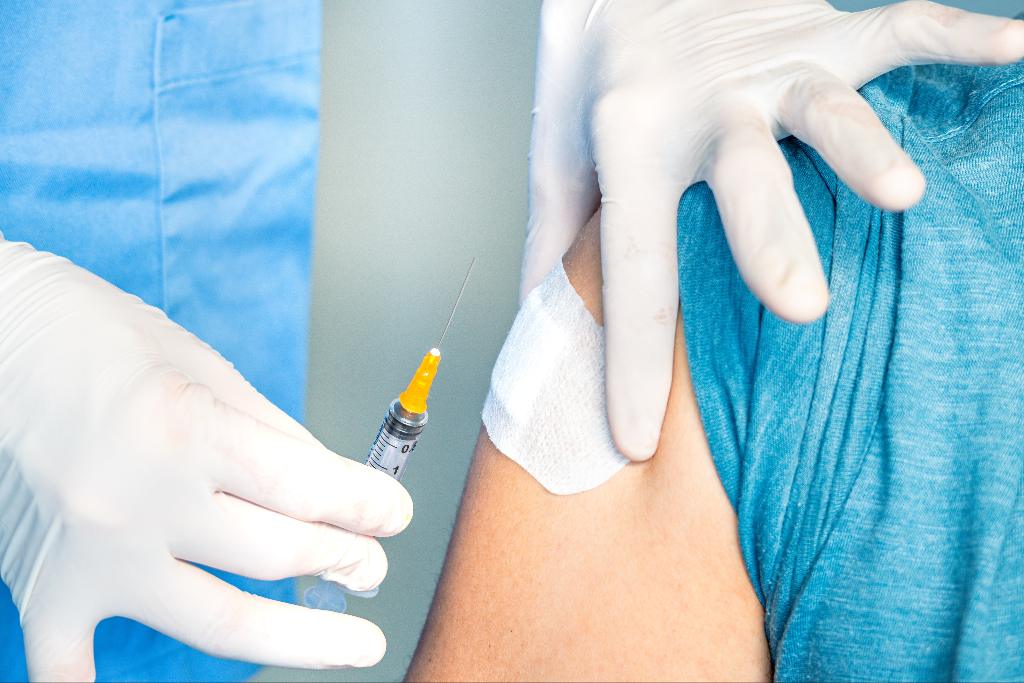Many people with injuries or chronic pain may feel as though surgery is their only option. However, there are several alternatives to surgery that may be considered, depending on the condition being treated. It is important to consult with a healthcare professional to determine the best course of treatment for your individual needs.
Shockwave therapy is a non-invasive alternative to surgery that uses high-energy sound waves to stimulate healing and relieve pain. The treatment is typically administered using a device that generates sound waves, which are directed at the affected area of the body. Shockwave therapy is used to treat a variety of conditions, including musculoskeletal injuries such as tendinitis, plantar fasciitis, and tennis elbow, as well as kidney stones and erectile dysfunction. The exact mechanism by which shockwave therapy works is not fully understood, but it is thought to stimulate blood flow, promote the formation of new blood vessels, and encourage the healing of damaged tissue. It is considered a safe and effective treatment option with minimal side effects.
Shockwave therapy is often used as a non-surgical treatment option for certain musculoskeletal conditions, such as tendinitis and plantar fasciitis. In these cases, it may be used as an alternative to surgery or as a first-line treatment before considering surgery. It’s not a general rule to replace surgery but it has a high success rate in many cases, especially when the injury is in the early stages.
It is important to keep in mind that shockwave therapy is not a substitute for surgery in all cases and it’s not effective for all types of injuries. The decision on whether to use shockwave therapy or surgery should be made on a case-by-case basis, taking into account the specific condition and the individual patient’s needs and preferences. It’s always advisable to consult a specialist before deciding on a treatment.
Other alternatives to surgery that may be recommended:
- Physical therapy: This therapy is a form of healthcare that uses a variety of exercises, stretches, and other techniques to help people recover from injuries, illnesses, or surgeries, and to manage chronic conditions. Physical therapists work with patients to help them regain strength, flexibility, balance, and mobility, and to reduce pain.
- Acupuncture: This is a form of alternative medicine that involves the insertion of thin needles into specific points on the body, called acupoints, in order to relieve pain, improve function, and promote healing.
- Chiropractic Care: This form of alternative medicine focuses on the diagnosis and treatment of neuromuscular disorders, with an emphasis on the spine. Chiropractors use a variety of techniques, including spinal manipulation, to adjust the body’s alignment and improve function.
- Lifestyle changes: Diet, exercise, and other lifestyle changes can help to improve overall health and manage certain conditions.
Why is shockwave therapy a good alternative for my patients?
Shockwave therapy is non-invasive, which means that the treatment does not require general anesthesia, or even local anesthesia. It is generally considered to be less risky and has fewer complications compared to invasive treatments.
This therapy is also generally considered painless by patients. It can cause mild discomfort, but most patients are able to tolerate the treatment well.
Compared to potentially spending thousands of dollars on surgery, not to mention the cost of downtime, shockwave therapy is also considered to be more cost effective than surgery.
Recovery time after a shockwave therapy session is minimal and patients can usually return to their normal activities immediately after the treatment. However, it’s important to follow the provider’s instructions regarding post-treatment care and any limitation of activities. Patients typically report little to no down time after and in-between shockwave therapy sessions compared to weeks and months of recovery time necessary for surgery.
Shockwave therapy treatment sessions are generally considered to be quick and easy. Treatment sessions typically last between 5 to 20 minutes, depending on the condition being treated and the size of the affected area.
With the ease and quickness of shockwave therapy treatments, this also allows doctors more time to treat more patients.
As a provider of shockwave therapy, you will have the ability to show reproducible results.



